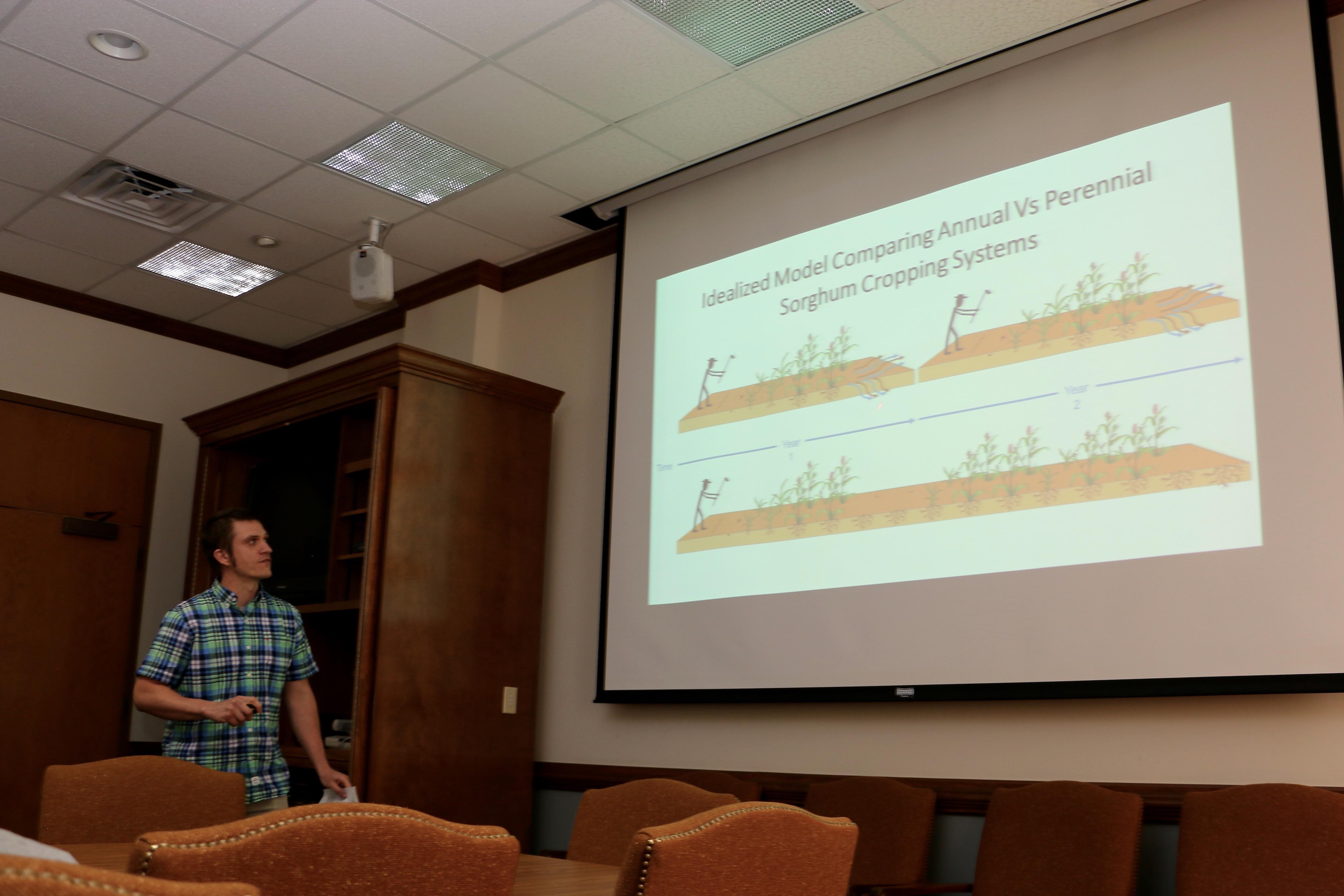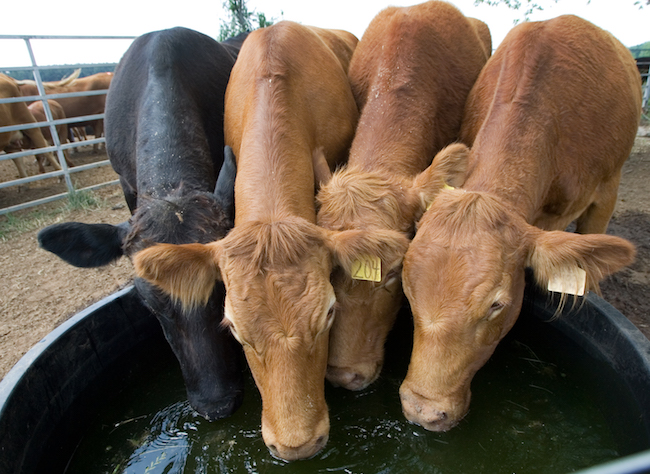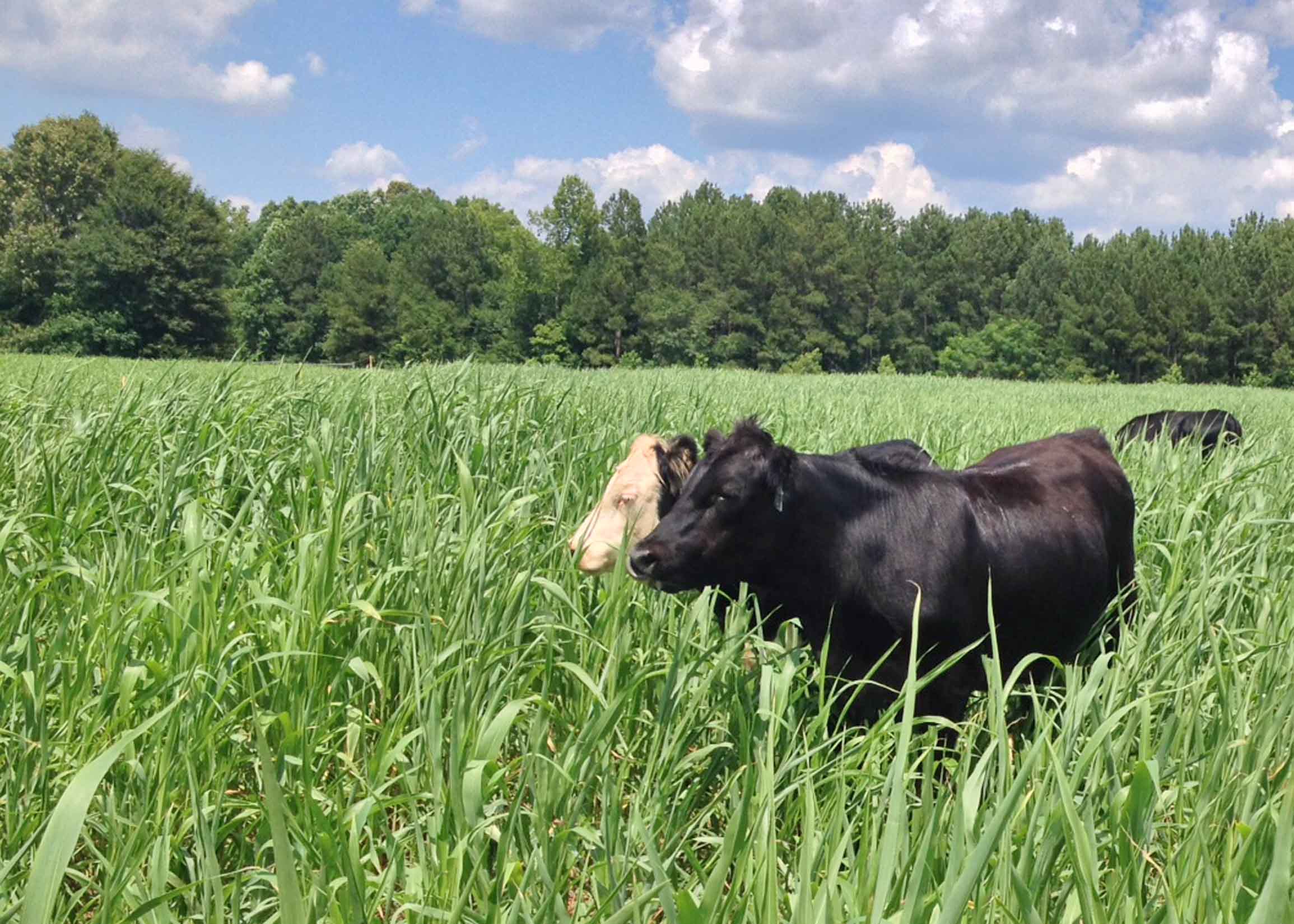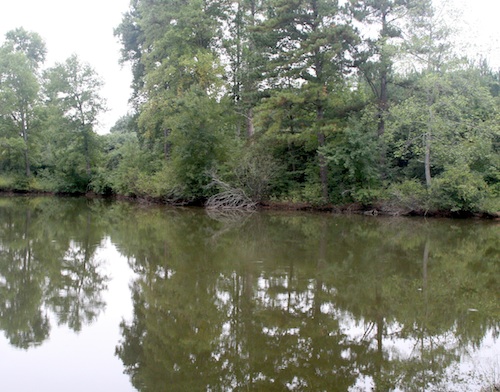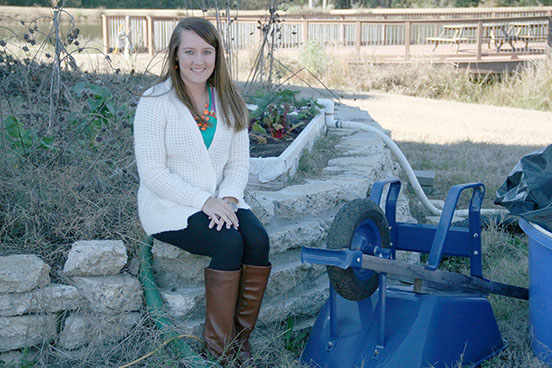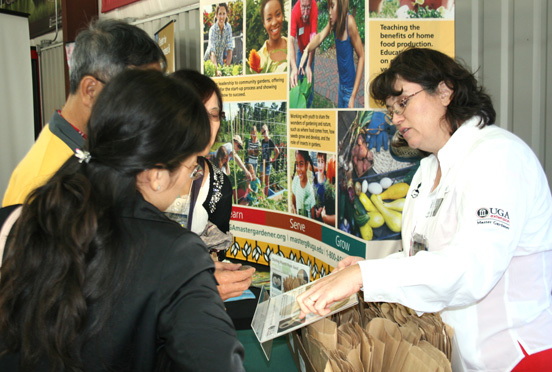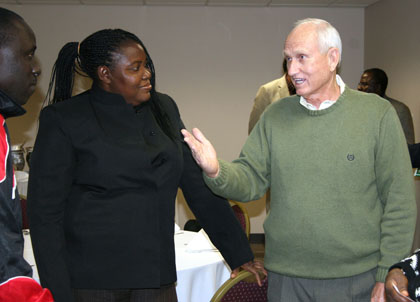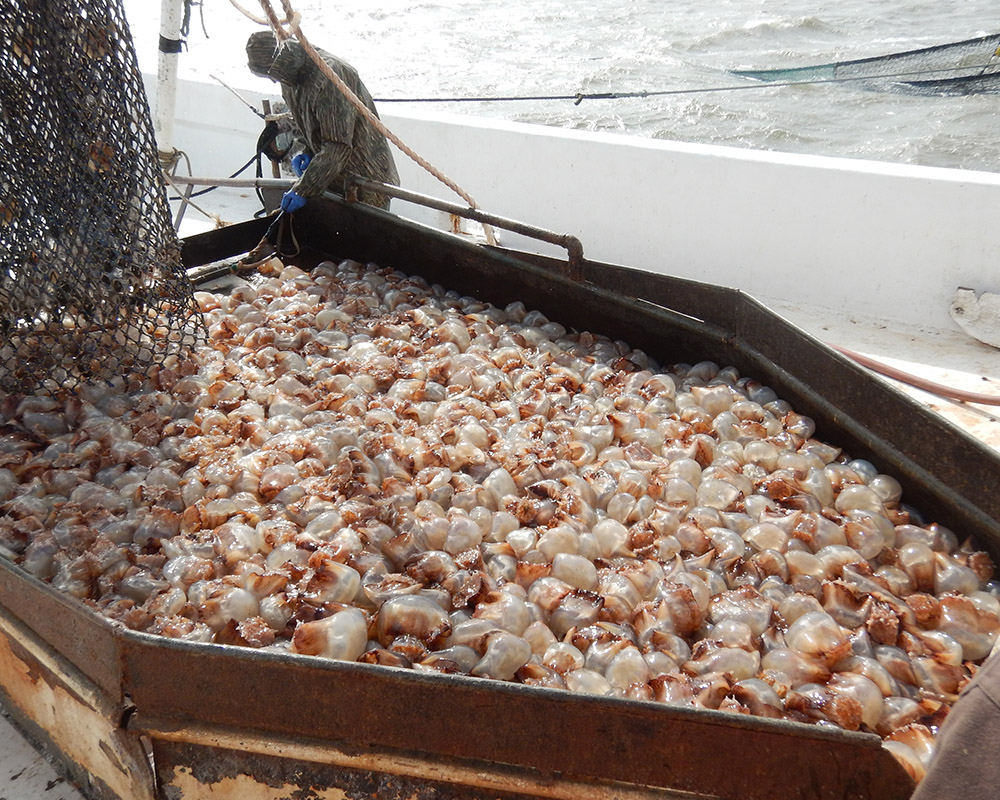 CAES News
CAES News
Jellyfish Product Development
The University of Georgia Department of Food Science and Technology’s Kevin Mis Solval and his team of researchers have secured a nearly half-million dollar grant from the U.S. Department of Agriculture National Institute of Food and Agriculture to aid in creating safe food ingredients from cannonball jellyfish.

